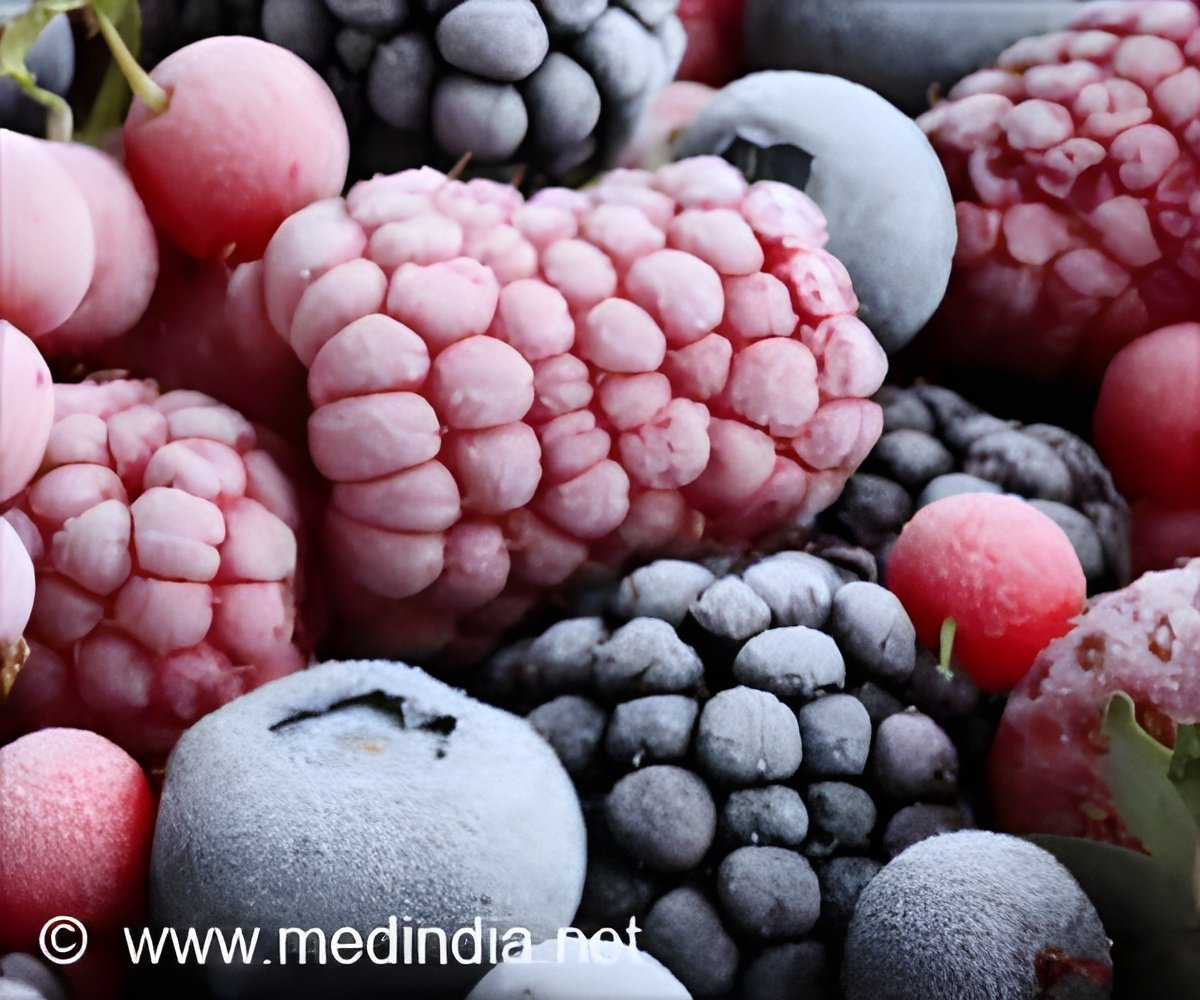-
 play_arrow
play_arrow
Radio Rehoboth

Frozen food may add $366.3B globally by 2026, but growth depends on shifting consumer perceptions.

Worries about health and freshness are discouraging many consumers from choosing frozen foods, a recent study finds—despite their benefits like reducing food waste, lowering carbon emissions, and offering cost-effective nutrition. Published in the British Food Journal, the research investigates why skepticism toward frozen food persists, even as interest in sustainable and convenient eating rises. It reveals that doubts about nutritional value and freshness contribute to health-related concerns, which play a major role in consumers’ reluctance to purchase frozen items (1✔ ✔Trusted Source
Breaking the ice: understanding and overcoming consumer resistance to frozen foods
Go to source
).
“While frozen foods can be just as nutritious as fresh options, many consumers simply don’t believe it,” said Dr Muhmmad Waqas, Senior Lecturer, Portsmouth Business School, University of Portsmouth, who led the study. “Our findings show that these doubts not only reduce purchases but also prompt negative word-of-mouth – making the problem even harder to fix.”
Researchers used a two-stage approach, starting with qualitative interviews to identify the key concerns consumers had about frozen foods, and then testing these findings on a larger scale.
Positive Messaging and Affordability Can Shift Views on Frozen Foods
Among the findings, the study highlights that credible, positive information can significantly reduce negative perceptions, especially when frozen foods are seen as affordable options. Information credibility – meaning trusted, clear communication about the benefits of frozen foods – emerged as a powerful tool to counter scepticism.
The global food sector reached an estimated $9.36 trillion (£7.4tn) value in 2023, underlining the growing importance of consumer trust in food marketing. Yet only 43 percent of consumers believe commercial foods are healthy, and fewer than half trust food producers, according to recent European research.
Young consumers were found to be especially resistant, with a 2023 survey showing nearly half (48 per cent) of 16–24-year-olds in the UK preferring fresh over frozen options.
Drawing on innovation resistance theory, the study argues that consumers reject frozen foods not just because of habits or convenience but because of deeper conflicts with their existing beliefs about what is “healthy” or “good” food. Unlike theories that focus on adoption trends, innovation resistance theory helps explain why certain innovations – like widespread frozen food use – may face cultural or psychological barriers.
In particular, the study found that:
- Freshness and nutrition concerns are the key drivers of health fears.
- Health fears lead directly to consumer resistance to frozen food.
- Resistance strongly predicts negative word-of-mouth, damaging brand reputation.
Credible information about frozen food can reduce negative word-of-mouth, especially when reinforced by messaging around affordability.
The findings have important implications for food brands and retailers. Tackling health myths about frozen food could not only grow sales but also help combat food waste, aligning with broader environmental goals.
“Frozen food has a crucial role to play in creating a more sustainable and affordable global food system” said Professor Yuksel Ekinci, Faculty of Business and Law, University of Portsmouth. “But first, brands need to rebuild trust – starting with honest, transparent communication about the health and sustainability benefits of their products.”
The researchers call for new marketing approaches focused not just on convenience or cost, but on demonstrating the genuine health and environmental benefits of frozen foods – and doing so with credible, trusted voices.
“This isn’t just about frozen peas or pizzas,” said Dr Waqas. “It’s about changing the conversation around what we eat, what we trust, and how we can create a food system that works for people and the planet.”
Reference:
- Breaking the ice: understanding and overcoming consumer resistance to frozen foods – (https://www.researchgate.net/publication/389734795_Breaking_the_Ice_Understanding_and_Overcoming_Consumer_Resistance_to_Frozen_Foods)
Source-Eurekalert
Go to Source:https://www.medindia.net/news/why-frozen-foods-still-get-the-cold-shoulder-219778-1.htm
Author:
Written by: RSS
Similar posts
Copyright 2023 East Sussex Public Broadcasting, Inc.









